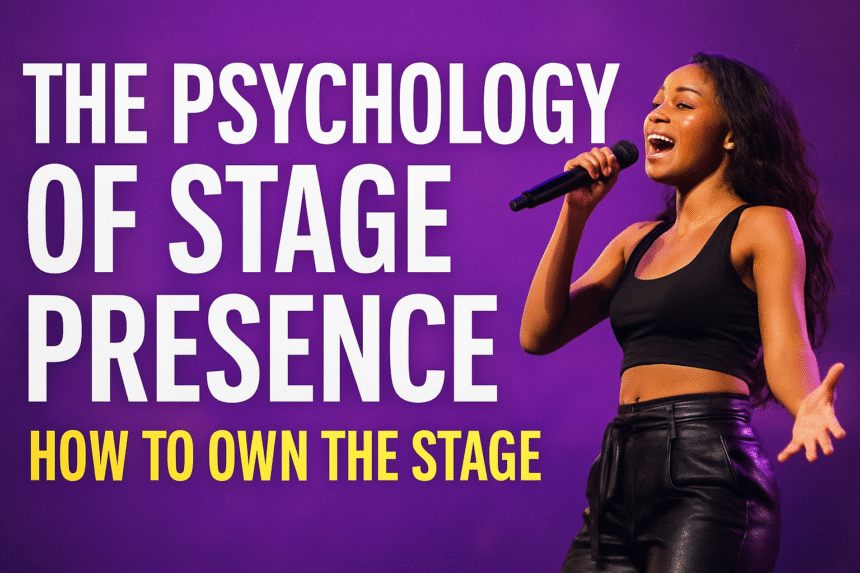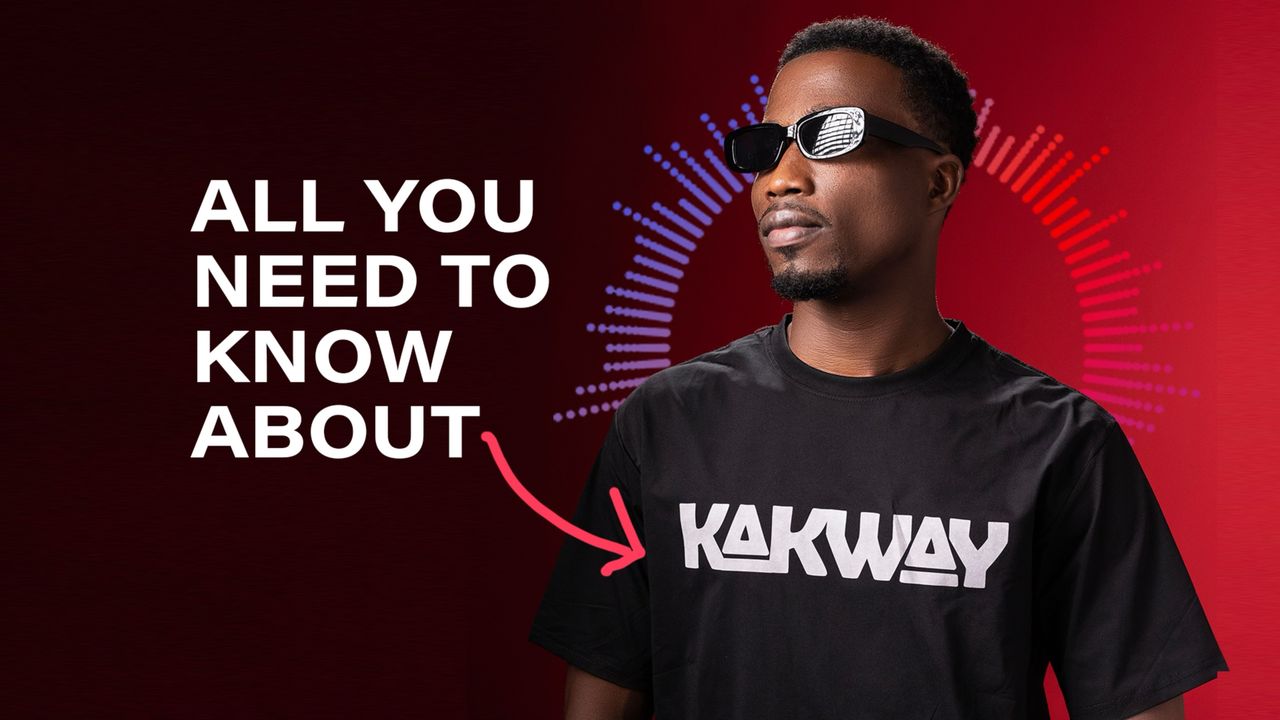Stage presence is more than just performing; it’s the art of captivating your audience the moment you step into the spotlight. Whether you’re a singer, rapper, spoken word artist, or instrumentalist, the way you carry yourself on stage often determines how your performance is received. Great performers like Michael Jackson, Beyoncé, Burna Boy, and Sarkodie have mastered stage presence, making every show unforgettable. But what makes some artists magnetic on stage while others struggle? The answer lies in the psychology of stage presence.
1. Confidence Is Contagious
Confidence is the foundation of stage presence. Audiences can sense nervousness just as easily as they can feel boldness. Research in performance psychology shows that when performers exude confidence—through posture, eye contact, and voice projection—the audience naturally responds with enthusiasm. Even if you feel nervous, practicing power poses, deep breathing, and positive visualization before stepping on stage can rewire your brain to project assurance.
2. Connection Over Perfection
Audiences don’t always remember flawless vocals, but they will always remember how you made them feel. Stage presence is about building an emotional bridge. Eye contact, storytelling, and engaging with the crowd creates a sense of intimacy. Instead of worrying about small mistakes, focus on connecting with your audience—singing with them, not just to them.
3. Body Language Speaks Louder than Words
Over 70% of communication is nonverbal, which means your gestures, posture, and movement are just as important as your voice. Moving across the stage with purpose, using expressive hand gestures, and avoiding stiff body language helps you appear more natural and commanding. The more dynamic your body language, the more energy you transmit to the crowd.
4. The Energy Exchange
Stage presence thrives on energy. When you give your best, the audience feeds off it and gives it back. Psychologists call this phenomenon “emotional contagion.” If you smile, dance, and radiate excitement, the crowd mirrors your vibe. That’s why rehearsing not just your songs, but your performance energy, is crucial.
5. Authenticity Wins Every Time
The best performers are authentic. Trying too hard to imitate others often makes stage presence feel forced. Whether your natural style is calm and soulful like Asa, or wild and electric like Shatta Wale, owning your uniqueness makes you memorable. Authenticity builds trust, and trust keeps fans coming back.
💡 Final Note
Stage presence is a psychological game—confidence, connection, energy, and authenticity all work together to create unforgettable performances. Remember, the stage is not just a place to sing or rap; it’s a place to communicate, inspire, and transform.
When you master the psychology of stage presence, you don’t just perform—you own the stage.
CHECK THIS: The Artist’s Guide to Finding the Right Beat and Producer
source: kaknews.com







